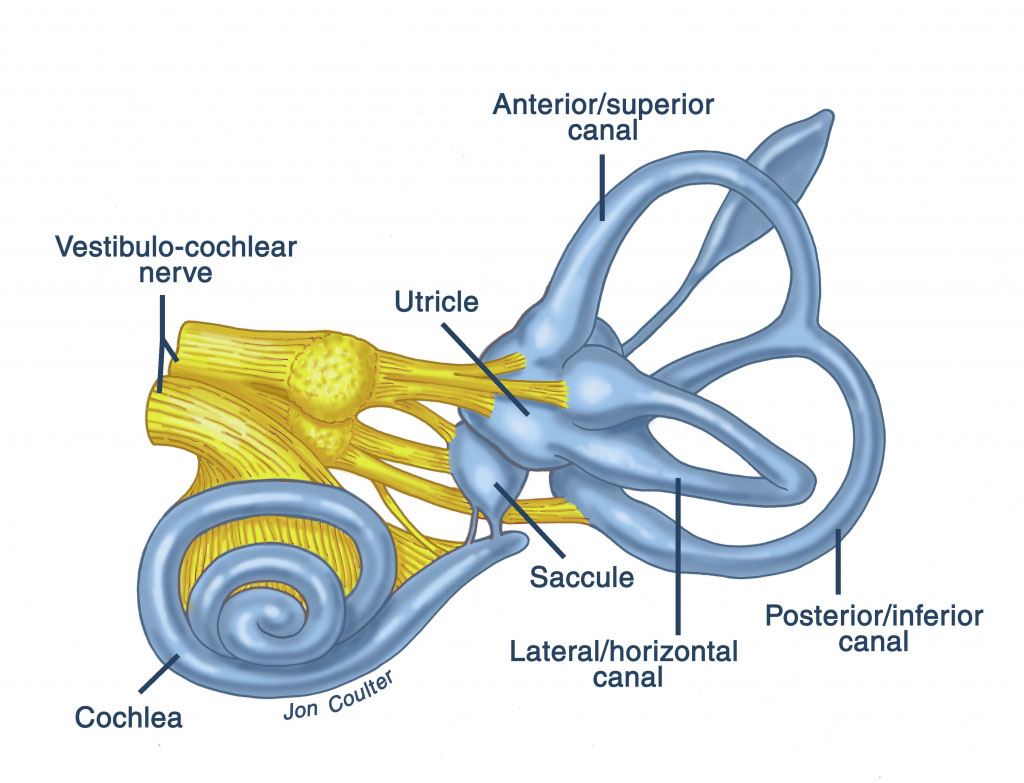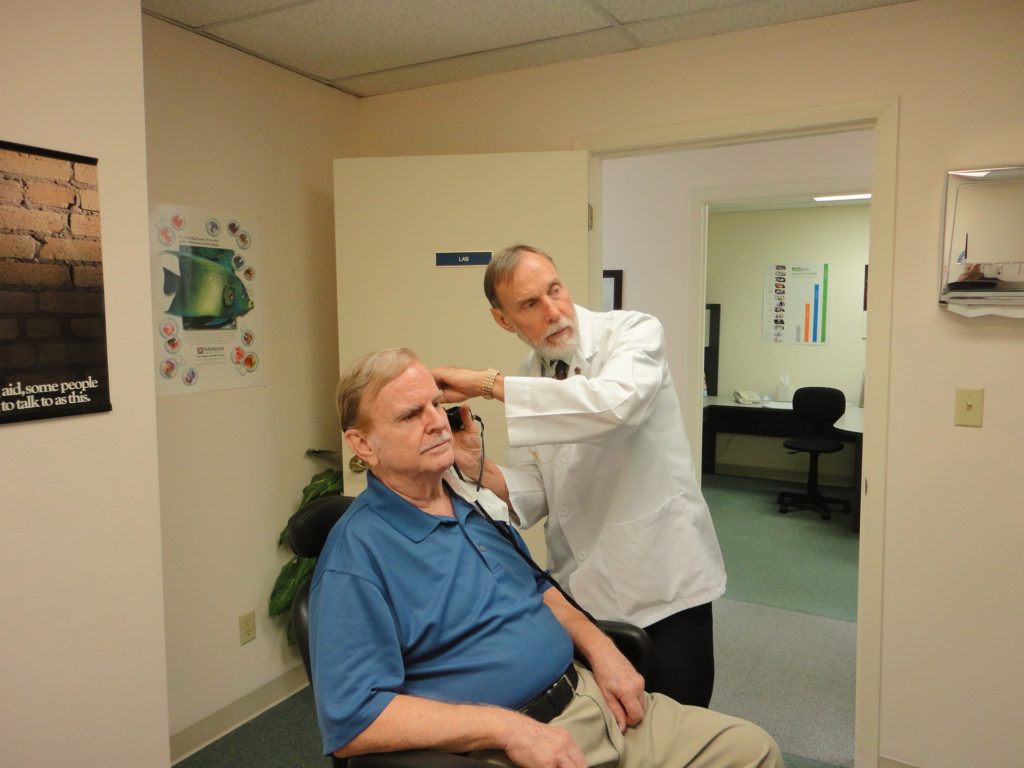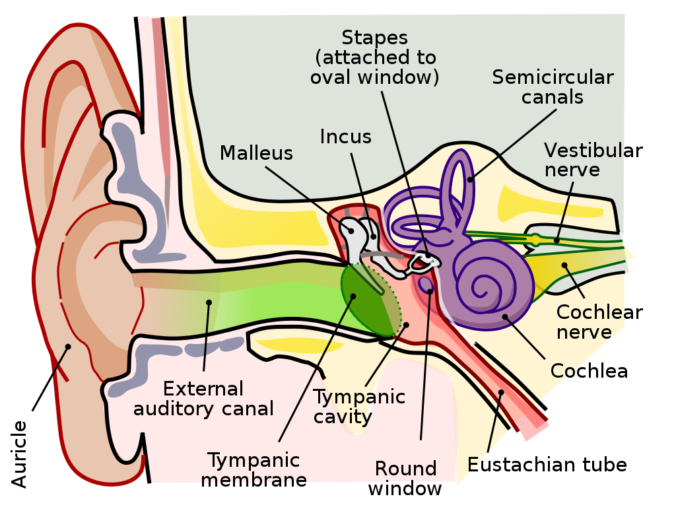Find out what labyrinthitis is and how this affliction affects the vestibular system and hearing health:
What is labyrinthitis?
Labyrinthitis is an ear disorder characterized by inflammation of the semi-circular canals in the inner ear, called labyrinth, that help to keep your balance. This infection causes hearing loss, nausea, feeling that everything is spinning around and the most common symptom is vertigo.
Labyrinthitis usually appears after an infectious viral or bacterial process, a cold or mumps. However, more severe illnesses may cause this inflammation of the inner ear too, such as head injuries or tumours.

Suffering from labyrinthitis can be very damaging to hearing health. Irritation and swelling of the inner ear may affect hearing, causing serious dysfunctions like an irreversible hearing loss, as well as creating balance problems when compromising the vestibular system.
Symptoms of labyrinthitis
Among the most common symptoms is vertigo, which increases with head movements. Some patients may also develop sensorineural hearing loss that is used to be transient.
Labyrinthitis can also cause:
- Tinnitus
- Difficulty hearing clearly
- Abnormal fast movement of the eyes and difficulty focusing.
- Loss of balance
- Nausea
These symptoms appear more intensely and suddenly during the first days of the infection and finally disappear in a few weeks, depending on the age or physical activity, among other factors.
In severe cases, labyrinthitis could lead to permanently affect hearing.
Causes and treatment for labyrinthitis
Generally, labyrinthitis is originated by a bacterial or viral infection, as a cold, herpes or a flu, but some allergies or harmful medications to the ear could also develop it, as well as large alcohol consumption, smoking or stress.

An otolaryngologist will be the one in charge of specifying the best treatment for labyrinthitis that normally will be carried out at home, resting in a noise-free dark place. It is important to go to the specialist at the very first symptoms, since the infection could worsen unless measures are taken on time.
If you notice the symptoms of labyrinthitis, contact your otolaryngologist or a hearing care professional in order to diagnose your case and start immediately the most appropriate treatment.
Have you ever suffered from labyrinthitis? We look forward to reading your experience in the comments!

0 Comments
1 Pingback